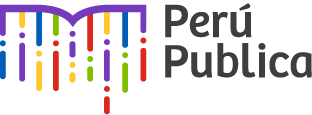Temática
- Artes
- Lenguaje y lingüística
- Biografías, literatura y estudios literarios
- Ficción y temas afines
- Consulta, información y materias interdisciplinares
- Sociedad y ciencias sociales
- Economía, finanzas, empresa y gestión
- Economía
- Economía
- Finanzas y contabilidad
- Empresa y gestión
- Gestión y técnicas de gestión
- Ética empresarial y responsabilidad social
- Negociación empresarial
- Estrategia empresarial
- Innovación empresarial
- Teoría y comportamiento organizativos
- Historia de empresas específicas/historia societaria
- Ventas y marketing
- Competencia empresarial
- Estudios empresariales: general
- Industria y estudios industriales
- Derecho
- Derecho de países o territorios concretos y áreas específicas del derecho
- Derecho de bienes. Derecho de propiedad
- Derecho de las telecomunicaciones y correo
- Derecho del trabajo
- Fuentes del derecho
- Derecho privado o civil: generalidades
- Derecho de sucesiones
- Derecho constitucional y administrativo
- Derecho de familia
- Derecho tributario y arancelario
- Derecho público
- Derecho procesal: general
- Derecho medioambiental, del transporte y la planificación
- Derecho mercantil, de sociedades y de la competencia
- Propiedad intelectual
- Teoría general del derecho
- Derecho internacional
- Derecho: guías de estudio y revisión
- Derecho de países o territorios concretos y áreas específicas del derecho
- Medicina, enfermería, veterinaria
- Historia y arqueología
- Matemáticas y ciencias
- Filosofía y religión
- Todas las categoríasCerrar


